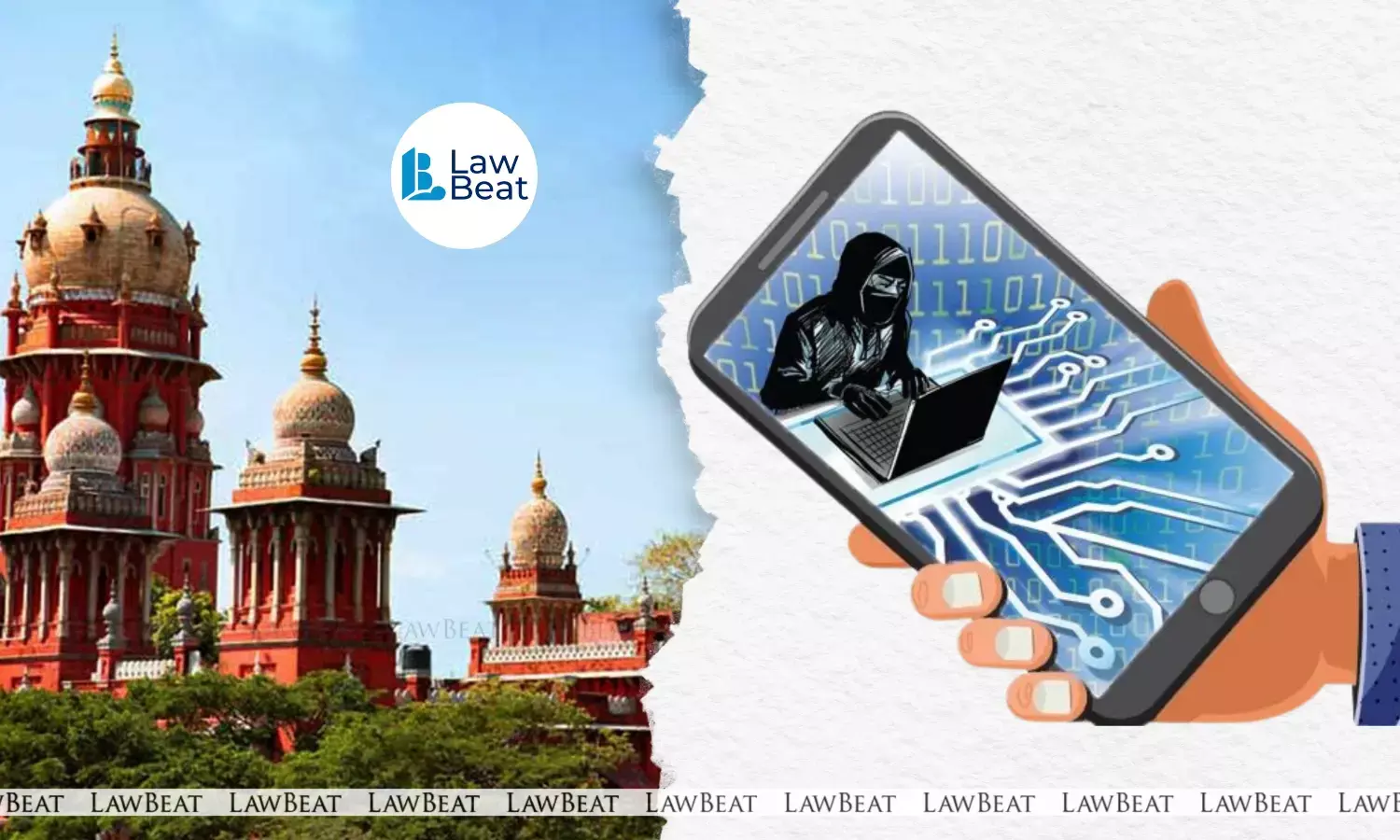Can the Govt Tap Your Phone in a Bribery Case? Madras High Court Answers

If the government suspects you in a bribery or money laundering case, can it snoop into your phone calls to dig up evidence? The Madras High Court has made it clear: Absolutely not — unless the case involves an “apparent” public emergency or poses a genuine threat to “public safety".
In a strong pushback against unchecked surveillance, the bench of Justice N Anand Venkatesh recently quashed a 2011 phone tapping order issued by the Union Ministry of Home Affairs against P. Kishore, then Managing Director of Everonn Education Ltd. Court found that the order violated Section 5(2) of the Telegraph Act, which lays down strict conditions for intercepting private conversations.
Here’s the crux of the court's ruling:
Your phone calls are private- Court reaffirmed that telephone conversations are protected by the fundamental right to privacy under Article 21 of the Constitution. "Once Article 21 was triggered, the impairment of a fundamental right would have to be sustained only on the anvil of a procedure established by law," the order stated.
Suspicion isn't enough: Section 5(2) of the Telegraph Act allows phone interception only when there is a “public emergency” or a genuine threat to “public safety.” Referring to the Supreme Court's decision in People's Union for Civil Liberties vs UOI [1997], the high court said that neither the occurrence of public emergency nor the interest of public safety is a secretive condition or situation; either of the situation would be apparent to a reasonable person. Therefore, covert surveillance, as was done in the present case, cannot fall within the aforesaid two situations contemplated under Section 5(2) of the Act, it held.
Evidence from illegal surveillance can’t be used : Court made it clear that if the surveillance order is unconstitutional, any material or evidence collected as a result of it would also be tainted. Since such orders are void under Article 13 of the Constitution, no legal rights or liabilities can flow from them. Court also rejected the government authorities' argument that even illegally collected evidence is admissible, provided it is relevant, placing reliance on R.M.Malkani Vs. State of Maharashtra [1973]. Court said that R.M.Malkani was a case of an appeal against conviction where the presumption of innocence did not apply. It is in this context that the Supreme Court had observed that the protection against phone tapping is not available to a guilty citizen. However, in cases, where presumption of innocence still applies in an accused's favor, evidence collected in violation of Section 5(2) of the Act would be of no use.
In the present case, the Centre had defended the 2011 surveillance by citing “public safety” concerns arising from a bribery case. The accusation? He was allegedly involved in arranging a Rs. 50 lakh bribe to an IRS officer. But the court noted that Kishore wasn’t found with the money, nor was he present when the cash was recovered — making the tapping order without any proper reason.
Apart from violating constitutional protections, the phone tapping also failed to meet procedural safeguards under Rule 419-A of the Telegraph Rules. The order hadn’t been reviewed by the competent oversight committee, nor were the required checks followed. This rendered the surveillance doubly illegal.
Case Title: P.Kishore vs. The Secretary to Government of India, Ministry of Home and Others
Download judgment here
https://lawbeat.in/news-updates/state-cant-tap-phones-just-to-prevent-corruption-in-violation-of-law-madras-high-court-1500511
